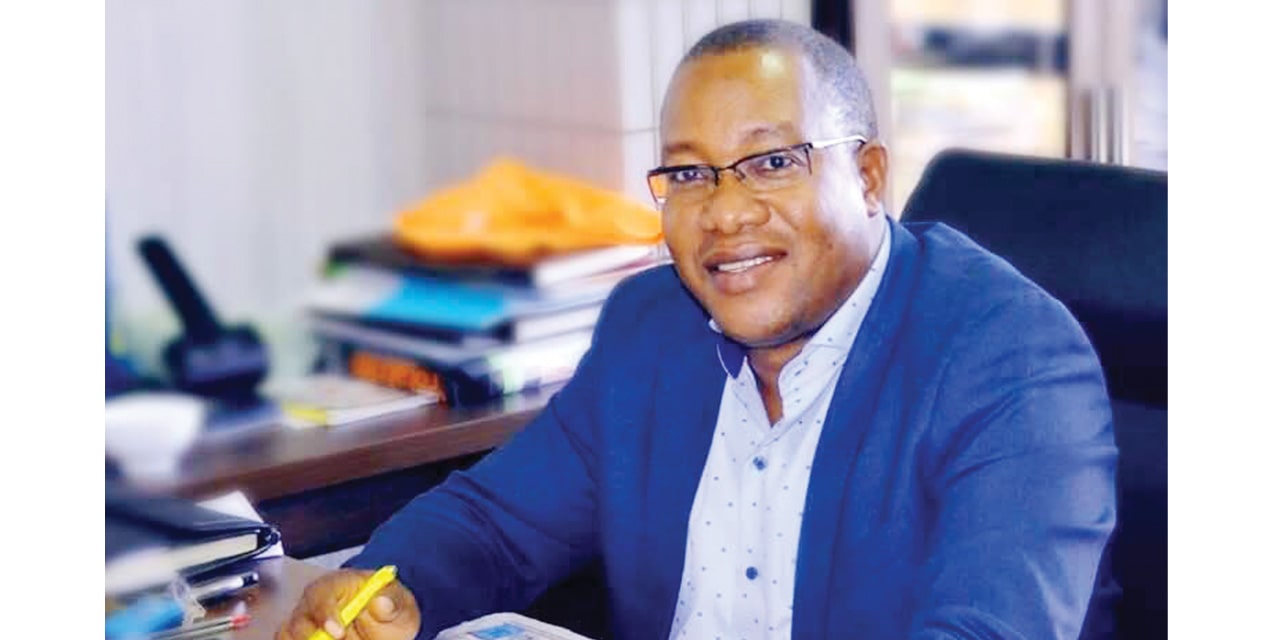Andrew Kathindi
As COVID-19 cases in the northern parts of the country continue to rise, there is increased concern from residents. The health ministry has warned northerners not rush to swabbing sites to get tested for the pandemic.
This comes after the state’s Robert Mugabe Clinic, where COVID-19 testing was predominantly collected in Windhoek, was overwhelmed. This presented a public health concern as long queues and little social distancing was observed.
“People in the north should not flock to swabbing places. Our team will be the one that does the swabbing so the community should be advised by the health professionals,” Health Ministry Executive Director Ben Nangombe told Windhoek Observer.
According to Monday’s figures, Ohangwena ,Oshikoto and Oshana regions recorded a combined 35 new COVID-19 cases.
Nangombe said the Health Ministry is focusing on contact tracing of positive cases and not mass testing.
“We are unable to test when we need to test because the reagents are scarce,” said the health ministry ED. Lack of enough reagents to do large amounts of testing contributed to the long queues at the Robert Mugabe Clinic in Windhoek.
Reagents are a substance or mixture for use in chemical analysis or other reactions.
Nangombe added, “We learn from history. The ministry has learned lessons from Walvis Bay and Windhoek.”
He said that additional sites have been opened in Windhoek for the purpose of swabbing, including the Katutura community hall as well as the Otjomuise community hall.
In May, the Namibia Institute of Pathology (NIP) received a donation of N$4.8 million from the Social Security Commission (SSC), to allow them to purchase reagents in order to upscale their testing capacity.
“With the SSC donation, the NIP will be able to procure reagents and other necessities for approximately 8,695 tests. COVID-19 will remain a health threat for a while and as the country gradually starts relaxing the state of emergency regulations, the NIP must remain prepared to test all suspected cases referred to it because we may see an upsurge in the infection rate when we start to normalize things in the country,” NIP Board Chairman, Bryan Eiseb had said.
The Country Director for the Centers for Disease Control (CDC) Dr Eric Dziuban has warned citizens living in the north of the country to be wary of the disease spreading there.
While the overall national number of COVID-19 confirmed cases has been going down over the last week, since Friday northern regions have recorded over 75 positive cases of COVID-19, which remains the highest rate in cases over the weekend aside from Khomas. On Monday, Eenhana recorded 20 while Onandjokwe had 10.
Health Minister, Kalumbi Shangula stated that since the state of emergency ended on Thursday, public behavior regarding preventative measures to slow the spread of the disease has not met expectations. He warned that the law gives him power to make severe changes with regards to public health regulations.
“I am disappointed to observe that, after the State of Emergency has lapsed, the public started to behave as if COVID-19 is no more. The pandemic in Namibia is currently being controlled and managed using the Public and Environmental Health Act of 2015. The Act makes provision for severe sanctions for non-compliance with public health measures against an infectious disease,” said the Minister.
He added, “This Act is already operational. We will however continue to urge the public to voluntarily comply with the stipulated public health measures in the interest of the broader Namibian public.”
Namibia has to date recorded 10,526 cases and 113 deaths.




